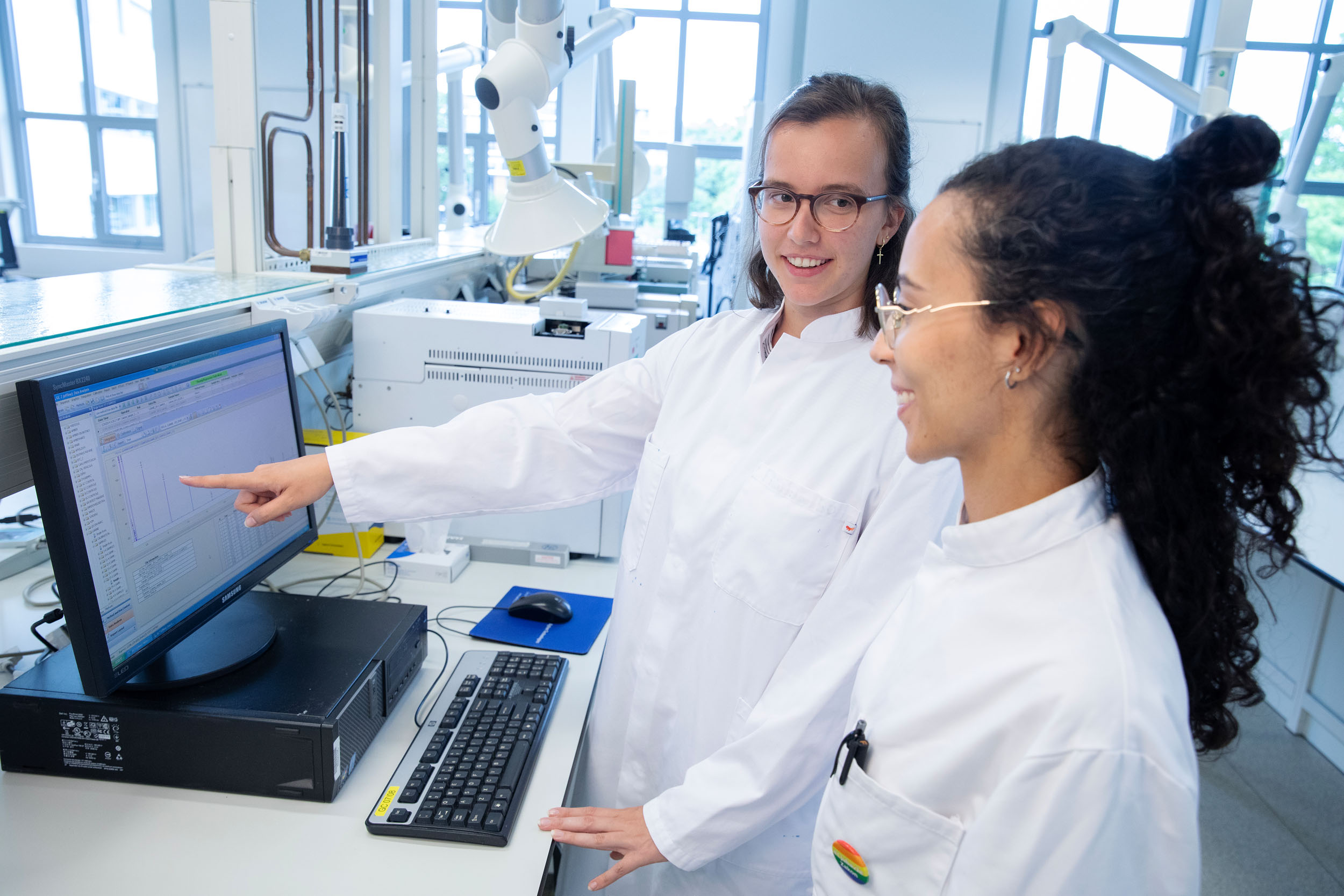Project description
At the wastewater treatment plant (AWZI) Zutphen, the new raw material Kaumera is extracted from aerobic granular sludge. This granular sludge consists of bacterial biomass that grows on the process water of Friesland Campina (Lochem and Borculo factories). Bacteria produce “extracellular polymeric substances” (EPS) which fills the extracellular space between the bacteria in the sludge granule. During the Kaumera extraction process, the EPS is extracted from the sludge and then cross-linked. This crosslinking results in an acidic hydrogel suspension that mainly consists of (glyco)proteins (50 m%) and polysaccharides (30 m%). This gel suspension is dewatered, resulting in the product Kaumera.
The full-scale Kaumera extraction installation (KEI) has been operational since 2020. The market has limited experience with this new raw material, so a lot of product development research is currently being done. Kaumera is mainly used in agriculture and horticulture as a biostimulant, but it also has binding, plasticizer and fire-retardant properties. Product development focuses mainly on downstream processing (thickening, washing or drying) or chemical modification of the biopolymers.
In 2023, Avans completed a project for the biobased chemistry specialization. Here, a carboxymethylation of the EPS was done, resulting in a unique material. Little is known about the properties and applications of this new carboxymethyl-Kaumera (CMK) product. Since the material can be sprayed, it may be useful as a coating. It could also be suitable as a binding agent.
Objectives
Production of CMK
- Determine properties such as solubility, melting point and strength.
- Optimization of production method towards scale-up
The following properties of the produced coatings are determined:
- Film strength
- Biodegradability (using Oxitop according to ISO standard NEN-EN-ISO 14851)
- Water absorption and fluid retention
- Film formation and substrate adhesion profiles
- Dynamic rheological properties
For the most promising CMK (WP1 and WP2), Dynaplak will investigate to what extent a CMK-based coating can be produced on a larger scale (60/120/600/3500L reactor volumes). The influence of process conditions that influence the scale-up in relation to the outcomes as the intended end result of the CMK and/or CMK/CMS (carboxylmethyl starch/starch) blends is examined.
The assignment is a collaboration between Avans-MNEXT, Dynaplak and the Water Board Rijn & IJssel. You enter into an internship agreement with Avans-MNEXT. So your location is Breda.
Practical information
Compensation: €350 per month.
Period: September 2025 until February 2026. The length of the internship/graduation assignment is approximately 20 weeks.




